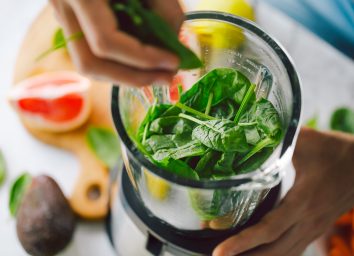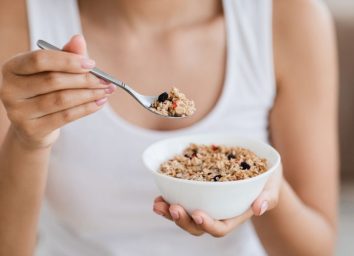5 Worst Drinking Habits Slowing Your Metabolism After 50
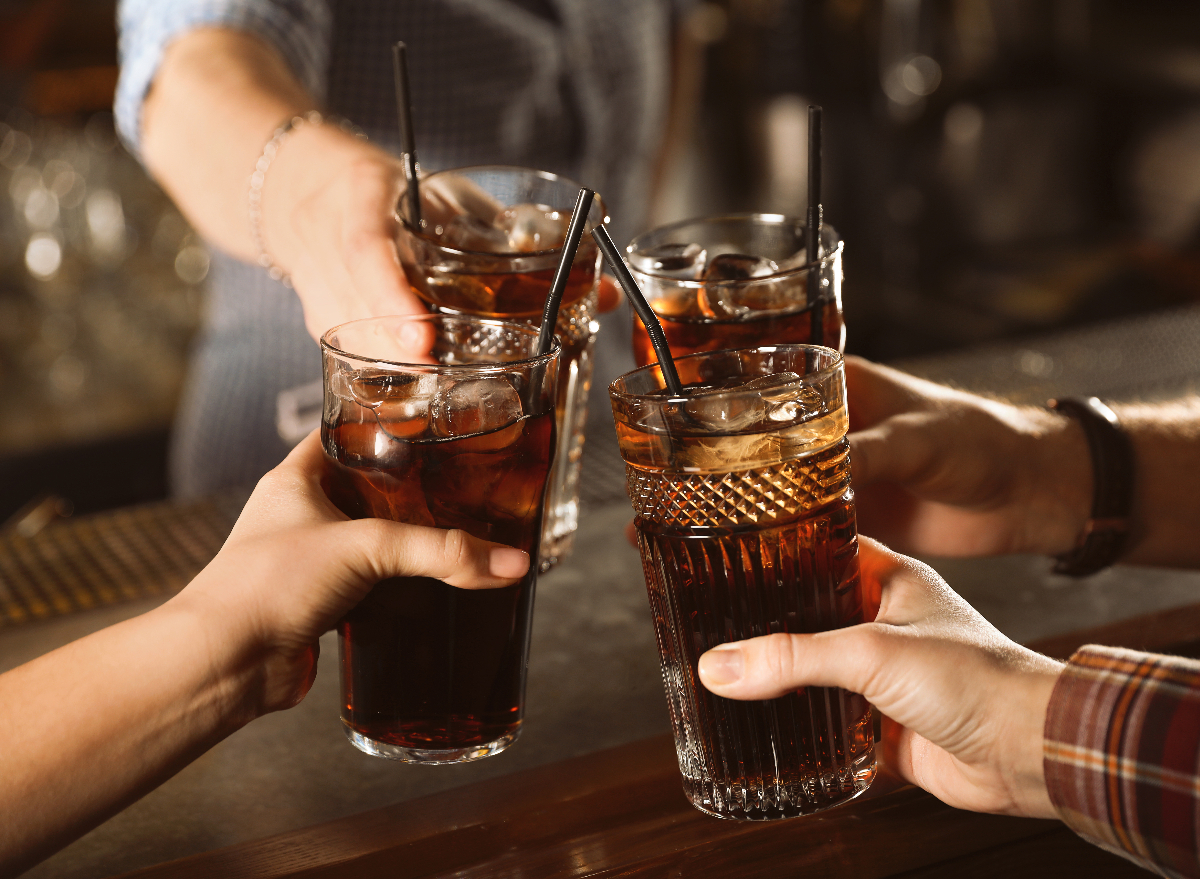
We all know that exercising and eating the right foods can help support a healthy metabolism, especially as we age. From maintaining lean muscle mass to eating spicy foods, some well-known hacks can help your body convert food and drinks into energy and use it up, ultimately preventing too much energy from being stored as fat.
Many of us know that once we reach middle age, eating a gigantic ice cream sundae and living a sedentary lifestyle won’t benefit our metabolism. But many of us overlook how impactful our drinking habits can be on our metabolic health too. Our drinking habits can have a profound impact on our metabolism, and being mindful of what you are drinking can help support your health goals in a big way—especially if you are practicing the right tips along with eating the right foods, incorporating physical activity into your day, and managing your stress. If you are in the 50+ club and you are trying to support a healthy metabolism, keep reading for five of the worst drinking habits you may be practicing that are slowing it down without you even realizing it.
You aren’t drinking enough fluids.

Evidence suggests that water intake and hydration may affect glucose metabolism. And according to an article published in Frontiers in Nutrition, an increase in metabolism may be observed due to hydration expanding cell volume. Ultimately, this article suggests that increased hydration leads to more body weight.
It’s not enough to simply drink enough fluids to maintain your hydration status. Hydrating fluids that contain electrolytes, don’t contain large quantities of caffeine, and aren’t loaded with unnecessary sugar is the key to proper hydration. And, of course, plain old H2O can work well, too.
You drink too much alcohol.
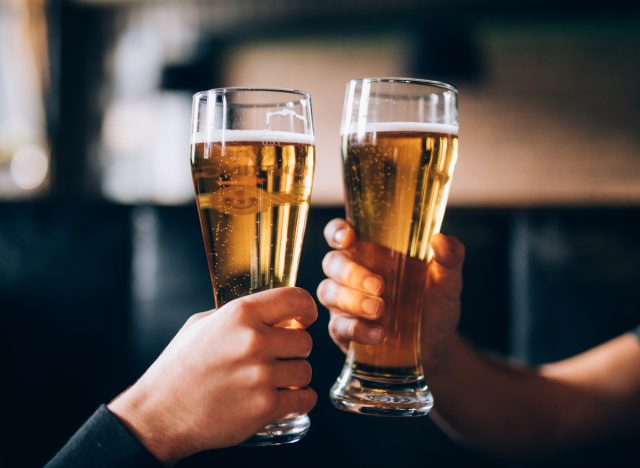
No matter whether you are a beer guzzler, a wine connoisseur, or a lover of hand-crafted cocktails, too much alcohol in your diet can wreak havoc on your metabolism when you are over 50. Alcohol can negatively affect how the body absorbs certain nutrients—including some nutrients that play an important role in your metabolic health. Plus, the empty calories found in booze can lead to weight gain if you aren’t careful.
You don’t include green tea in your drinking routine.

The simple act of including green tea in your drinking regimen can give your body a boost of metabolism-supporting catechins, specifically EGCG. The EGCG catechin, in combination with the caffeine found in tea, is linked to an increase in calorie burning, even when the body is at rest.
You will reap the benefits of drinking green tea no matter whether you drink it hot or cold (or somewhere in between). Just try to avoid sugary additions, which can add unnecessary calories to your metabolism-supporting drink.
You drink too many sugary sodas.
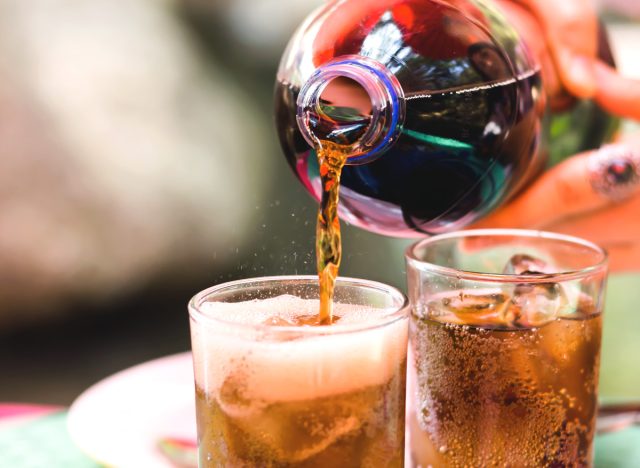
There is no doubt that sipping on a sweet lemonade or a bubbly regular soda is delicious. But drinking too much added sugar may contribute to a slower metabolism. In fact, according to a study published in the European Journal of Clinical Nutrition, increased consumption of fructose-containing beverages resulted in a drop in metabolic rate.
You are drinking juice with pesticide residue.
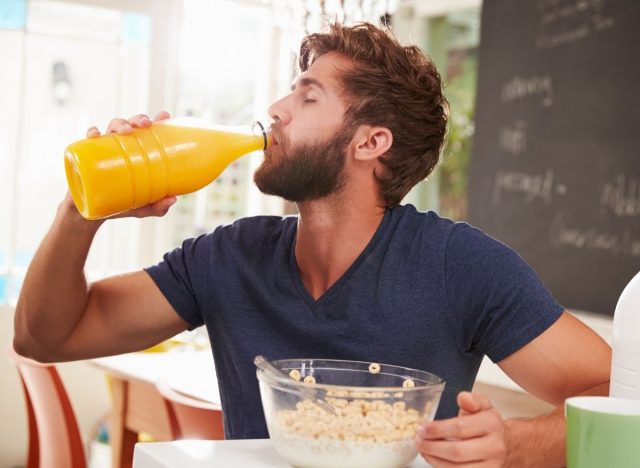
It’s true that drinking 100% fruit juice can help people meet their daily recommended fruit requirements in a convenient and delicious way. But drinking juice that contains pesticide residue may affect your metabolism.
According to data published in Obesity Review, people who have higher levels of a specific pesticide in their body have slower metabolisms. If you make your own freshly squeezed OJ or other juice, be sure to wash your fruit well before you cut it open, and juice it to help reduce your potential exposure. (Though it’s also worth noting that eating a whole fruit rather than fruit juice is even better, since some nutrients are lost in the juicing process.)


